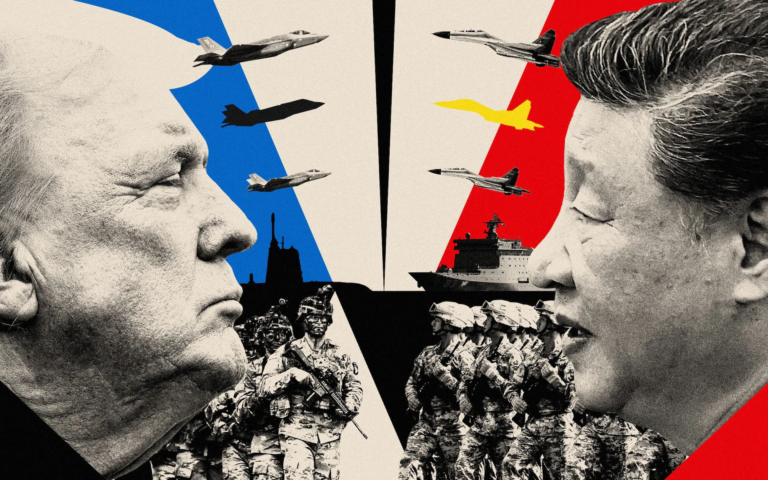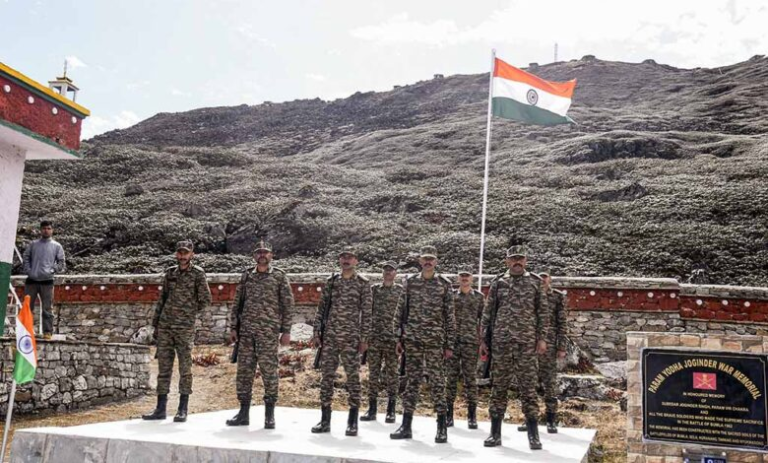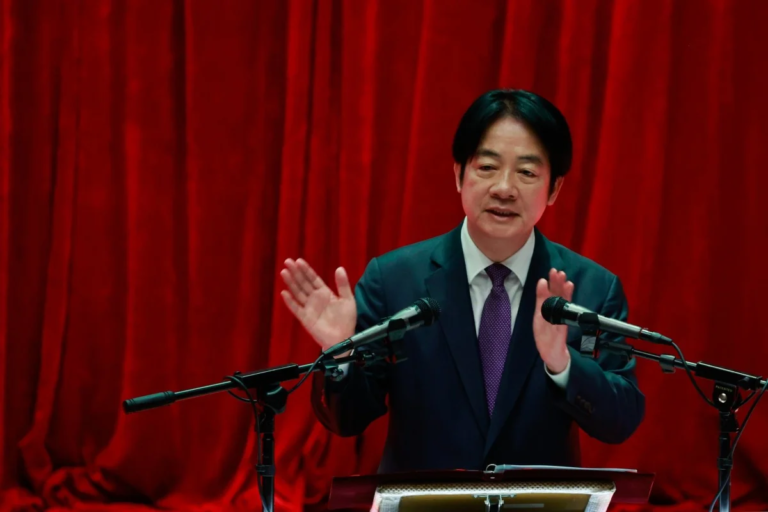
ndian men gathered at a restaurant in the southeastern city of Chennai. Strangers to one another, the men drank chai and shared biryani, bonding over stories of their home provinces, from the Himalayan valleys of Kashmir to the coastal plains of Kerala.
Just days earlier, the men had flown to Chennai from across the country. Instructed to pack lightly, some carried little more than a few changes of clothes along with shiny new passports, freshly stamped with Russian tourist visas. They were told to wait in Chennai for further information.
Over the coming days, the men became inseparable. “We ate breakfast, lunch, and dinner together,” explained Mohammed Sarfaraz, who was part of the group. The 28-year-old restaurant worker had traveled from his native Kolkata. “We were all very nervous,” he said.
Joining Sarfaraz was Azad Yusuf Kumar, a 31-year-old engineering graduate from Kashmir, and Syed Ilyas Hussaini and Mohammed Samir Ahmed, two 24-year-olds from Karnataka who both left catering jobs at Dubai airport to move to Russia. Also among the men was 27-year-old Surinder Paul from Jammu, Parveen Lamar from Darjeeling, and Mohammed Tahir, a 24-year-old from Gujarat.
As agents picked over the final details of their departure, the group were introduced to other men who would also be making the same journey: Hemil Mangukiya, a 23-year-old embroiderer from Gujarat, and Mohammed Sufiyan, a 24-year-old from Telangana.
The men exchanged numbers and made promises to one another. “Since we were going together, and had spent time together, we said that when we go, we will stick together,” Sarfaraz explained in Hindi during hours of voice calls.
But soon after, the men were divided into smaller groups and given different departure dates. Over the course of eight days the men all left for Moscow. First, Mangukiya and Sufiyan left with another group of men. Next, Kumar, Hussaini, Samir Ahmed, and Surinder Paul flew via Bahrain to the Russian capital. And on December 22, Sarfaraz, Tahir and Lamar made the journey.
*****
Despite their clashing languages and customs, the men had all been lured to Russia by similar promises; well-paid work abroad and the possibility of securing foreign citizenship. The offer was attractive in India, where an acute labor crisis had left over half the working age population out of official employment.
Until June 2023, Sarfaraz worked seven days a week in the kitchens of a luxury five-star hotel in Kolkata, serving food to international business people passing through the city. The days were long and stressful, he said, and at just 18,000 rupees (around $200) a month, the wage was barely enough to support himself and his father, who required costly gangrene treatment.
Staring into the camera, the quaking Afsan explains he has two bullets in his leg and one in his arm and is unable to walk. “Keep me in your prayers, I’m coming back soon in any condition,” he says. Afsan is reported to have died from his bullet wounds.
Also among the confirmed dead is 29-year-old Tejpal Singh, who was killed in March in a missile strike in the southern Ukrainian region of Zaporizhia. And in August, 36-year-old Sandeep Chandran from the Thrissur district in Kerala was killed in a drone strike in Donetsk. In addition, the youngest Indian reported to have died in Ukraine, 21-year old Ravi Moun, lost touch with his family in March but was only declared dead in July.
“Almost three months after speaking to Ravi, I got in touch with another Indian from his group. He told me that Ravi was in a tank when a missile dropped on it. All the people who were in the tank died at that moment. There was a huge explosion,” Ravi’s brother Ajay explained to The Diplomat from his native Haryana.
A total of 12 Indians have died in Ukraine, according to official figures released by the Indian External Affairs Ministry last month. The ministry also said 18 Indian men remain on the frontlines, 16 of whom are currently missing.

On January 14, a man named Babu Binil, also from Kerala’s Thrissur district, became the latest Indian to perish in Ukraine.
The mounting number of Indians fighting, and dying, for Russia has become a diplomatic sticking point between the two countries, whose relations during the Ukraine war have largely blossomed due to a deal that has seen Delhi enjoy favorable Russian energy prices in return for its ambivalence to Moscow’s invasion.
In a meeting with Putin at the Kremlin in July last year, Indian Prime Minister Narendra Modi asked for the release of those that had been “misled,” a call he reiterated when the two leaders met at the BRICS summit in Kazan in October 2024.
India’s External Affairs Ministry later said the Kremlin had “accepted” Modi’s request, and it would release Indians in its army, as well as offer compensation to bereaved family members.





